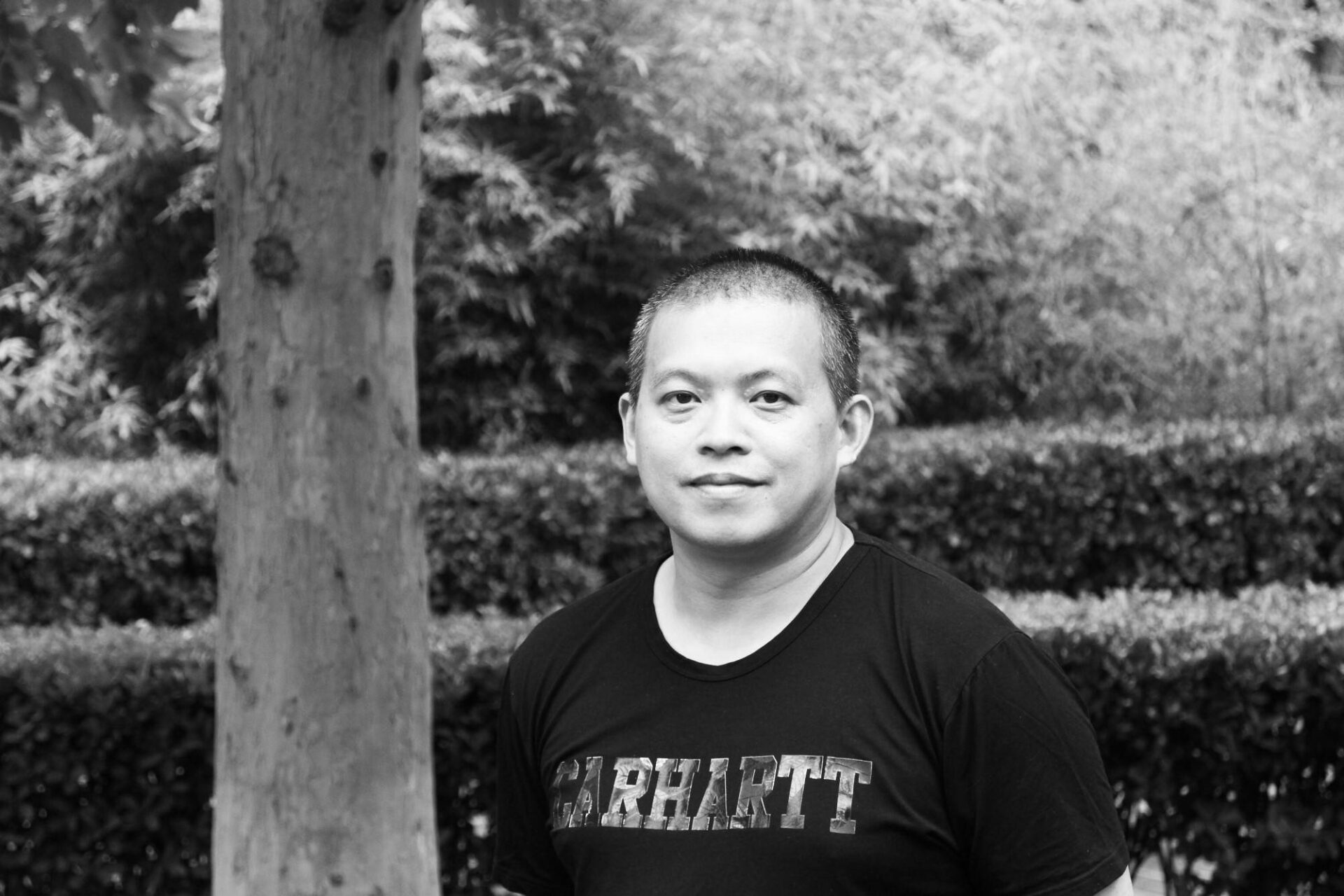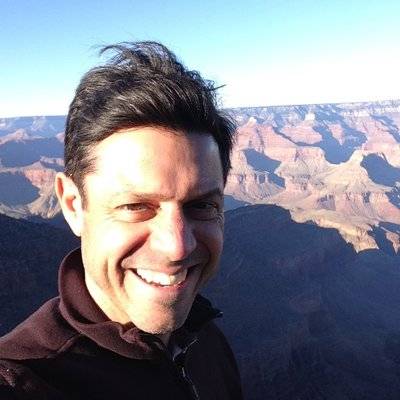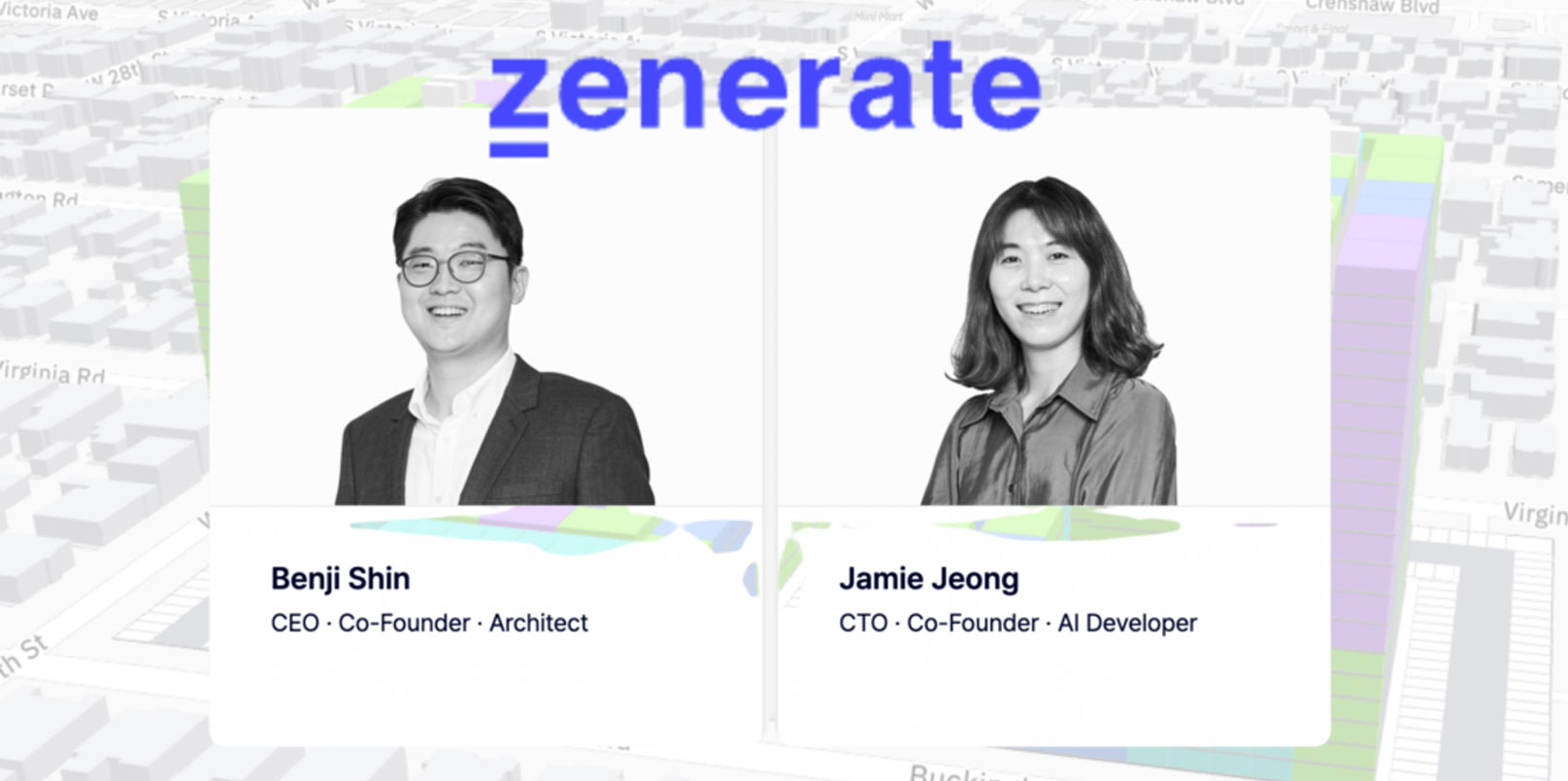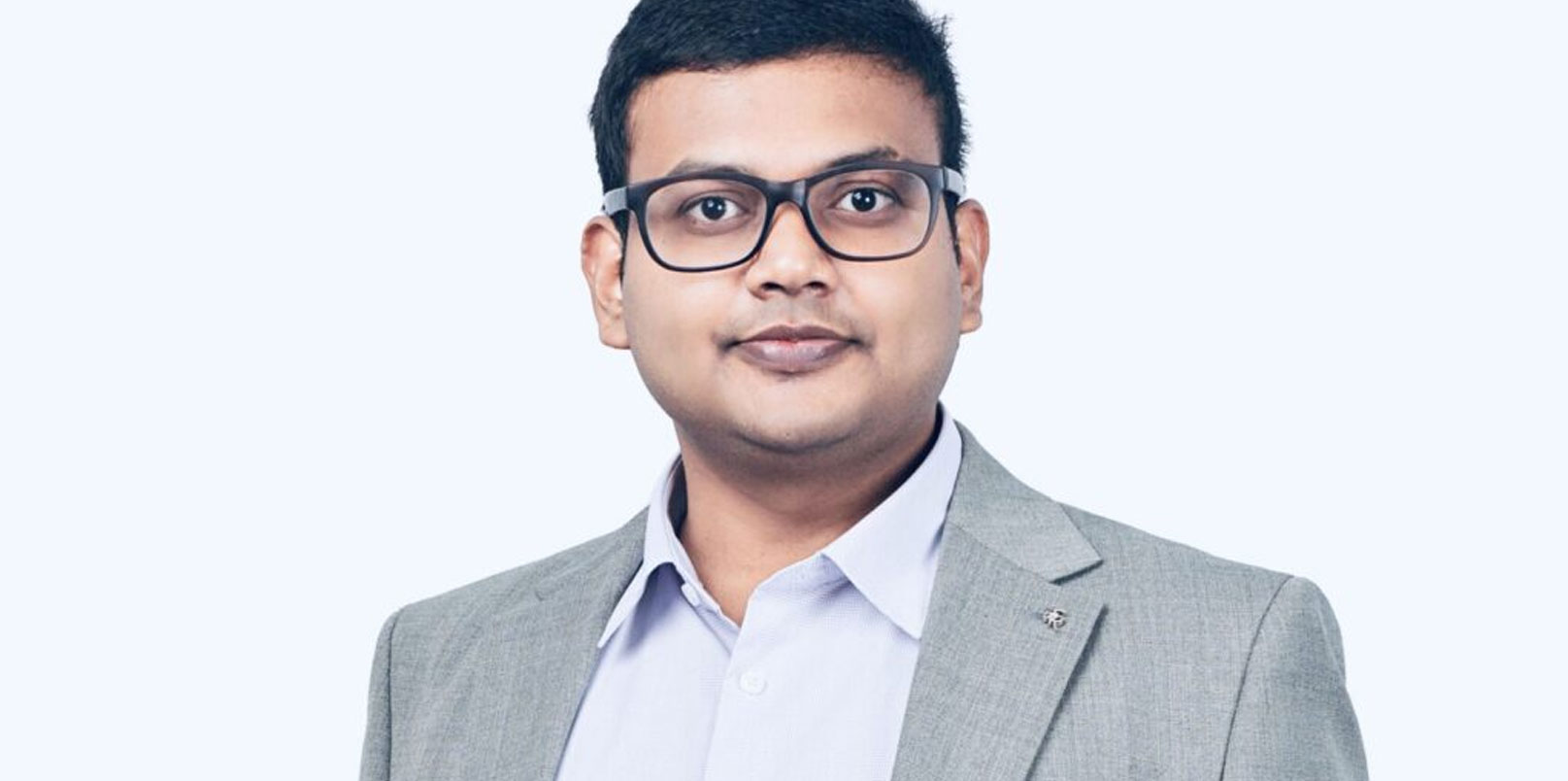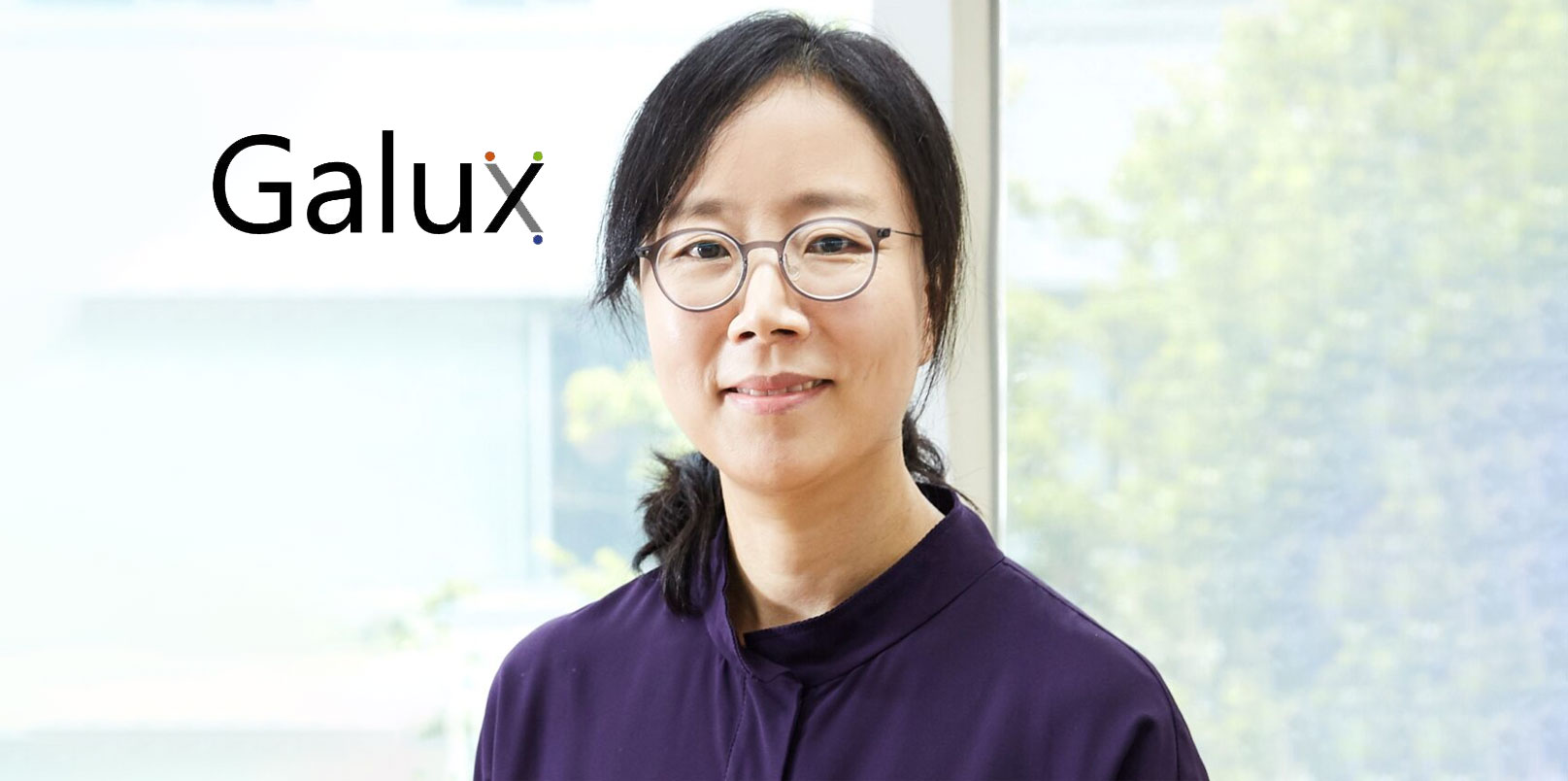Curt Shi is veteran and rainmaker in the telecom, media and technology space, and the action sports sector. He is an experienced cross-border tech investor and venture capital fund manager, focusing on the complex but massive opportunities in China. His recent successful cross-border portfolios include Catapult Sports (ASX:CAT) the world leader in sports performance tracking devices (20X return exit in 18 months), Jayride (ASX:JAY) the #1 airport to/from destination transport comparison marketplace, among others.
Curt is the founding partner of three VC funds: Imprint Capital Partners in Beijing, Follow [The] Seed in Sydney, and Welinder & Shi Capital in Huntington Beach.
Curt was the 2016 winner of “CPA Australia – Australia China Alumni Award for Banking and Finance” by the Australia China Alumni Association and a finalist for the “Innovation and Entrepreneurship Alumni Award” by Western Sydney University for 2017.
Curt holds a Master’s in International Communication from Macquarie University in Sydney, and a GD of Translation and Interpreting from the University of Western Sydney, as well as a B.S. of International Business from Jiangsu University in China.
Koreatechdesk.com conversed with Curt Shi regarding his interest in startups and advice for upcoming entrepreneurs.
1. What is your background and domain expertise? And how did you become an investor?
I have been in TMT (Technology, Media and Telecommunication) industry for 20 years and also been passionate about active lifestyle such as skateboarding since I was a teen. My experience accumulated is basically in deep technology especially B2C offerings. I also have been a cross border investor investing in markets such as China, Australia, Israel, and the US. I am a not-successful-entrepreneur-turned-investor, and I started as a seed/angel investor first then a venture capitalist.
2. As an investor, what kind of startups have you invested in and how did you find those startups?
I invest in two things in a nutshell – deep technology driven or lifestyle oriented. For instance, Catapult Sports from Australia offering the #1 sports analytic wearable solutions, Sezzle “Shop Now Pay Later Fintech out of Minneapolis. And Cake the premium electric motorcycle with Nordic design elements. As a VC, I am trying best to be part of the technology start-up community all times, then able to access the best opportunities.
3. What makes you invest in those particular companies?
As said above, I invest in deep technology or lifestyles only – and the opportunity must be scalable with tangible offerings. People, especially the core founder, must be a real entrepreneur.
4. What is your company’s investment range and in a typical year how many startups do you invest in? Does S. Korea headquartered startups get investment from you or should they be headquartered in certain countries?
With the funds I am operating, we invest in various stages but I like early stage or late. Every year, I invest 10+ opportunities. I am interested in the Korean market and the start-up opportunities there but have not yet invested any.
5. What are the main factors that startups fail as per your experience and how can they prevent mistakes in advance from your personal perspective?
Usually, startups fail because of people who operate – if they are not tough, flexible, hardworking, and fast enough. Mistakes are difficult to prevent but at least two things could be done – #1 entrepreneurs must be very focusing and do one direction very deep and well, then more, do not do too many projects when they start and second, they must be prepared for failure all the time and plan certain strategies for potential downs and ups.
6. What’s your advice to entrepreneurs who meet investors like you and what are the top 3 questions you always ask founders?
Be authentic, passionate about what they do, have real solutions and a good team rather only one person. I will ask what they did before, the market analysis and what problems they are trying to solve and last but not least is the competition analysis.
7. What’s your general thought about the term “Global” and what are the important criteria for Korean startups to consider for a US expansion?
Today to be global is almost a must – and usually, that means entrepreneurs must go to the US or/and China market at least. For US expansion, you must find good local partners, be careful with IP, and be very sharp and prepared on the tough competition there.
8. As you know, our company name is “beSUCCESS”, what’s your definition of the term “success” as an investor or as an individual human being?
My definition of succeeding is about doing what you like, what you know and what you can deliver – of course, financial success will also be a component.
9. What are the one or two things you would do differently if you could go back to 10 years ago?
No – everything happens for a reason. And it should be the same probably even I could go back.
10. When you come to Korea next time, what kind of Korean entrepreneurs and startups you want to meet?
Again, technology or lifestyle-driven entrepreneurs for sure. And probably those with big potential in China market I will be more interested.


